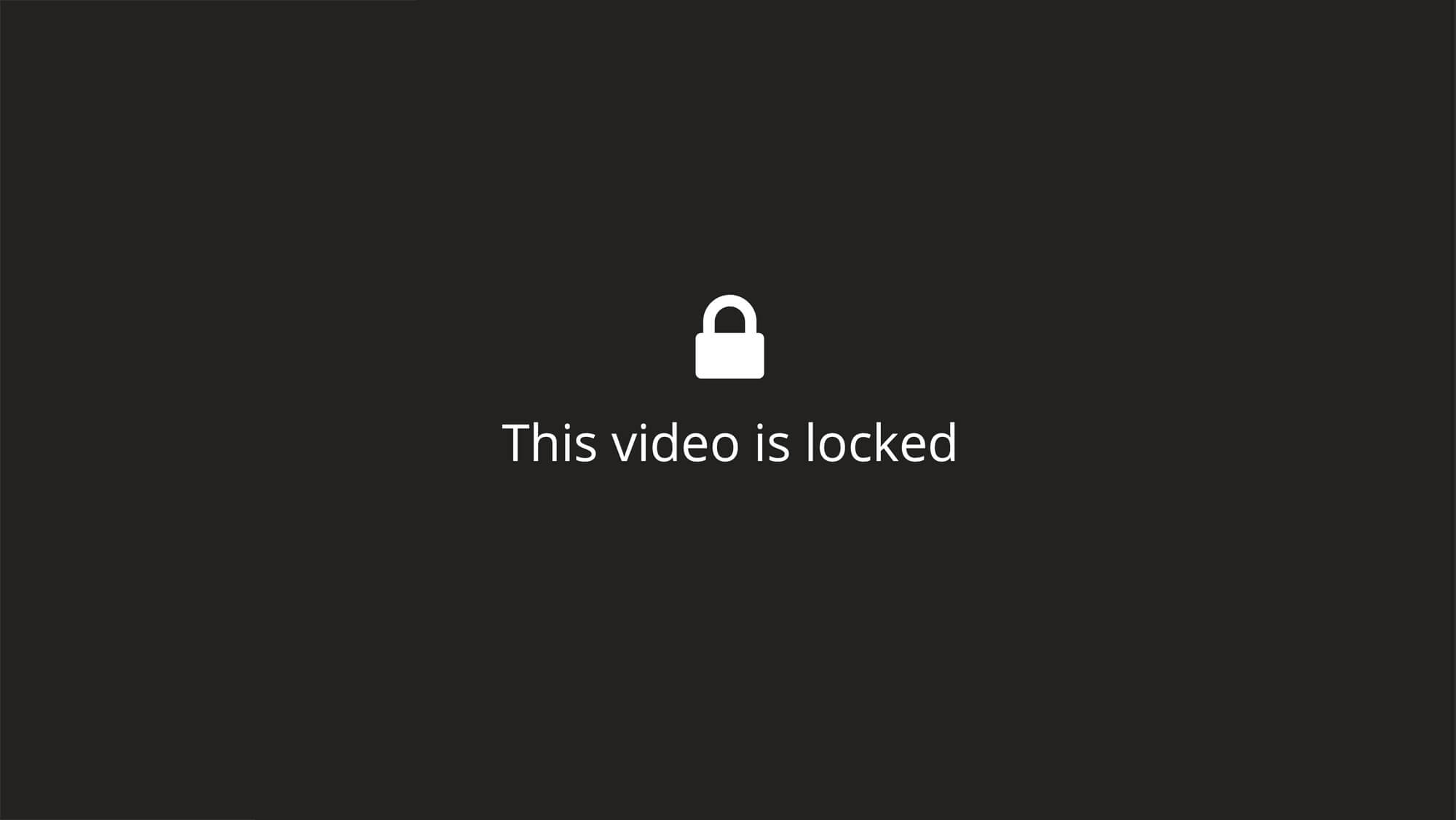Overview of this book
<p>Node.js is a modern web framework that allows you to build rich applications. As a developer, you need to know just one programming language to build an application that can be executed anywhere, be it the server, console, browser, or on your mobile phone.</p>
<p>This course begins with explaining how Node.js works and what its architecture is all about. You will then learn to create your first Node.js application and also create a command line tool for Node.js. Next, you will learn how to work with commander.js and use the event emitter because events are a powerful extension that can be used in our application.</p>
<p>The course will then teach you to use and define streams and transformers, after which you will be skilled to build a web server with Express.js. This will be followed by taking you through how to read, write, and manipulate files in the file system with Node.js. You will even learn how to create micro services with the loopback API framework and Seneca.js, post which we will scale our node.js application and test our code. Finally, you will complete your learning journey by using these APIs to create a web server, access file system, and create real-time interactions.</p>
<p>With this course, you will be able to build your own tools, along with big network and real-time applications.</p>
<h1>Style and Approach</h1>
<p>This example-packed video course starts with taking viewers through the fundamentals of Node.js. The steep but gradual learning curve will then take them some advanced topics such as streams, transformers, and micro services. The course will conclude with teaching viewers how to scale up their application and test their code.</p>




